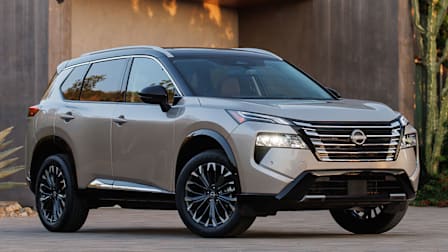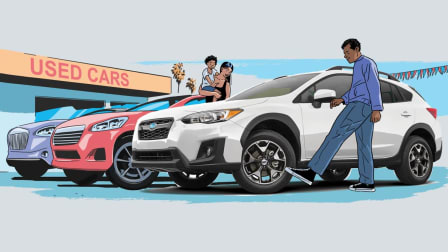Federal Regulators Investigate Tesla ‘Phantom Braking’ Reports
The investigation follows 354 complaints and an earlier recall

Federal safety regulators have opened an investigation into the 2021 and 2022 Tesla Model 3 sedan and Tesla Model Y SUV because of reports that the vehicles unexpectedly brake while in motion—a phenomenon known as “phantom braking”—when Autopilot or other active driver assistance systems (ADAS) are engaged.
The National Highway Traffic Safety Administration says it has received 354 complaints from drivers who say their Tesla vehicles applied their brakes without warning at highway speeds with ADAS features turned on, including adaptive cruise control and Autopilot. NHTSA says there have been no crashes or injuries related to this problem. About 416,000 vehicles are included in the investigation.




